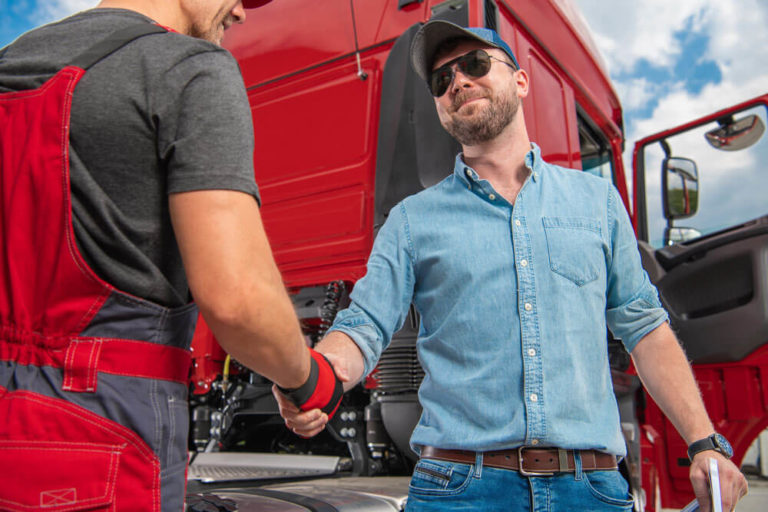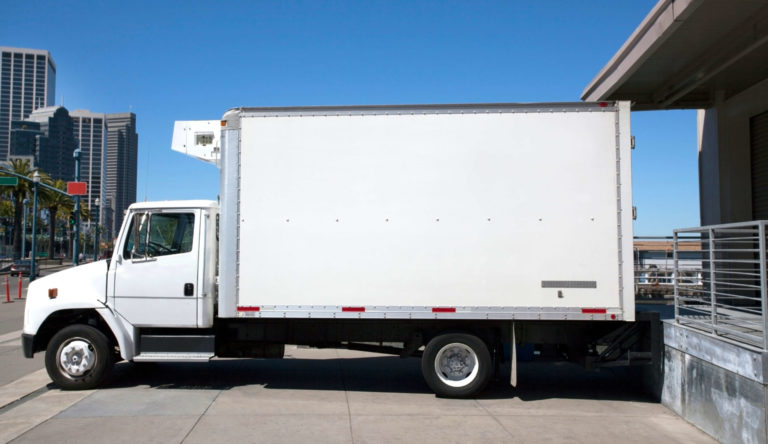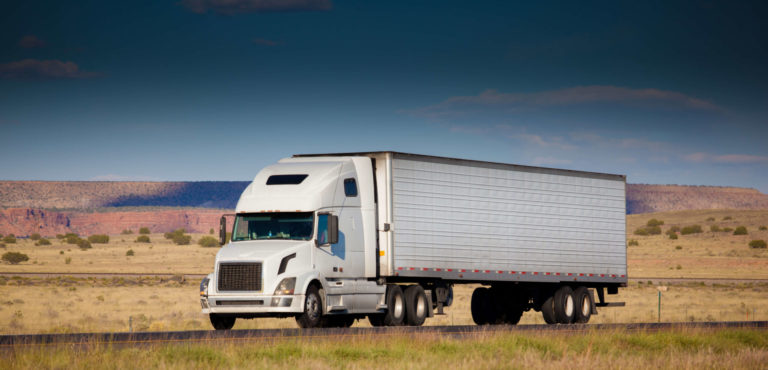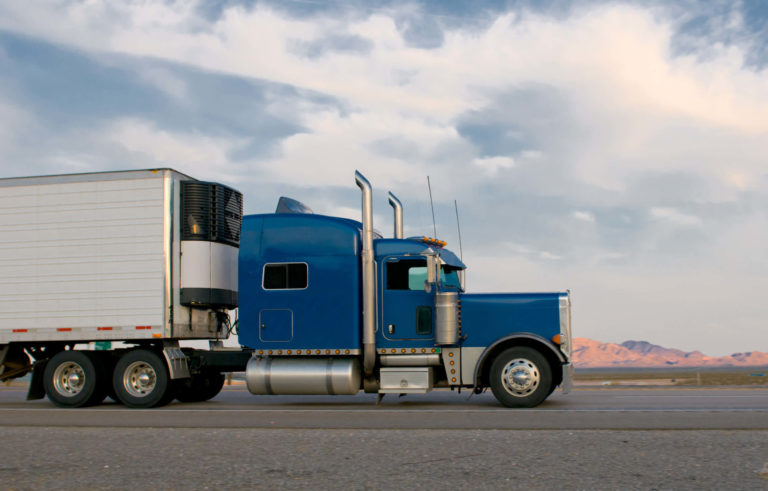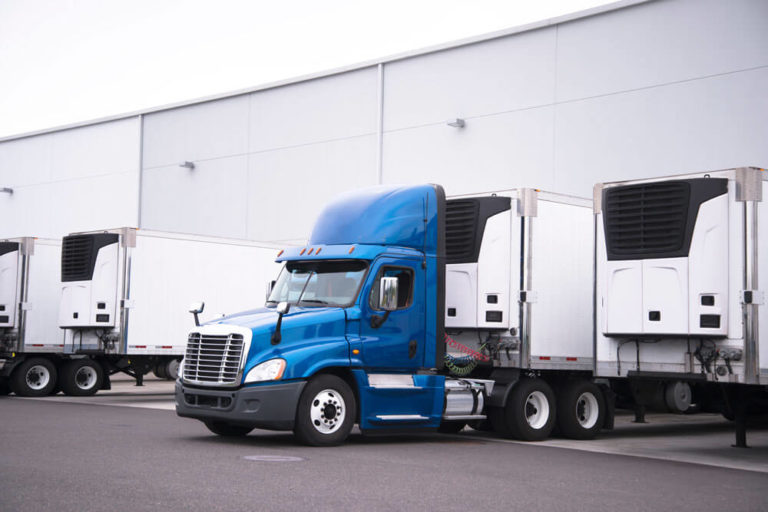It’s usual to be perplexed about the requirements for CDL drug tests. In short, the FMCSA has created criteria for persons who operate commercial motor vehicles to submit to drug and alcohol testing. This covers drivers of passenger vans, buses, and big trucks since they require a CDL. These rules specify who gets tested, when they’re tested, and under what conditions.
Understandably, this is where things start to become a little unclear as the requirements can be somewhat challenging to comprehend. Don’t worry, we’ll explain who must submit to CDL drug and alcohol testing as well as when it’s required in this article.

